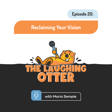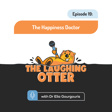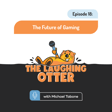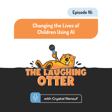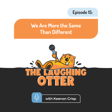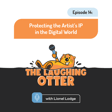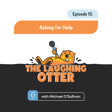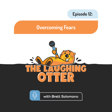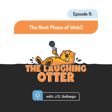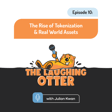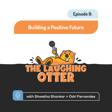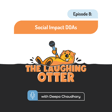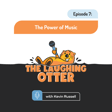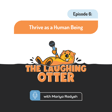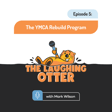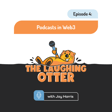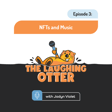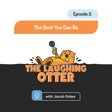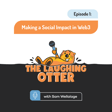
Changing Lives Through Gaming with Damian Anderson
Damian holds twenty five years experience growing businesses, with deep expertise in the following:
- Designing and aligning government services with market needs
- Using technology to make education and training relevant to learners
- Promoting careers and attracting talent for industry skill shortages
- Helping brands develop smarter growth strategy and customer growth capabilities
- Refining how career and employment services support people to transition pathways
- Improving disability employment services to meet employer needs
He holds deep expertise in helping senior managers understand market and customer opportunities and develop clear growth strategies and implementation plans. Damian works with clients following research and planning to strategically align and integrate implementation needs using his practical skills and ability to brief, manage and leverage partners and internal teams. His focus during implementation is to deliver practical value by ensuring product and service offerings, marketing, customer services and other critical operational capabilities meet the needs of customers and deliver growth outcomes.
Since 1999 Damian has worked with some of Australia’s most innovative start-ups, business, government, education and training and NFP brands in a partnership to overcome growth challenges. Clients include Hydro Tasmania, ASX, RedCross, Minerals Council of Australia, Engineers Australia, Department of Agriculture, ACCC, Queensland Health and The Federal Group. Damian holds a Masters of Entrepreneurialism and Innovation from Swinburne and is the former deputy chair of the Australian Marketing Institute which is Australia’s leading professional association for marketing managers.
Get in touch with Damian on Linked-in
To find out more information visit the Crank website, or you can always call them on 1300 003 130 or send an email to hey@crank.com.au
#DreamHackMelbourne #2024
